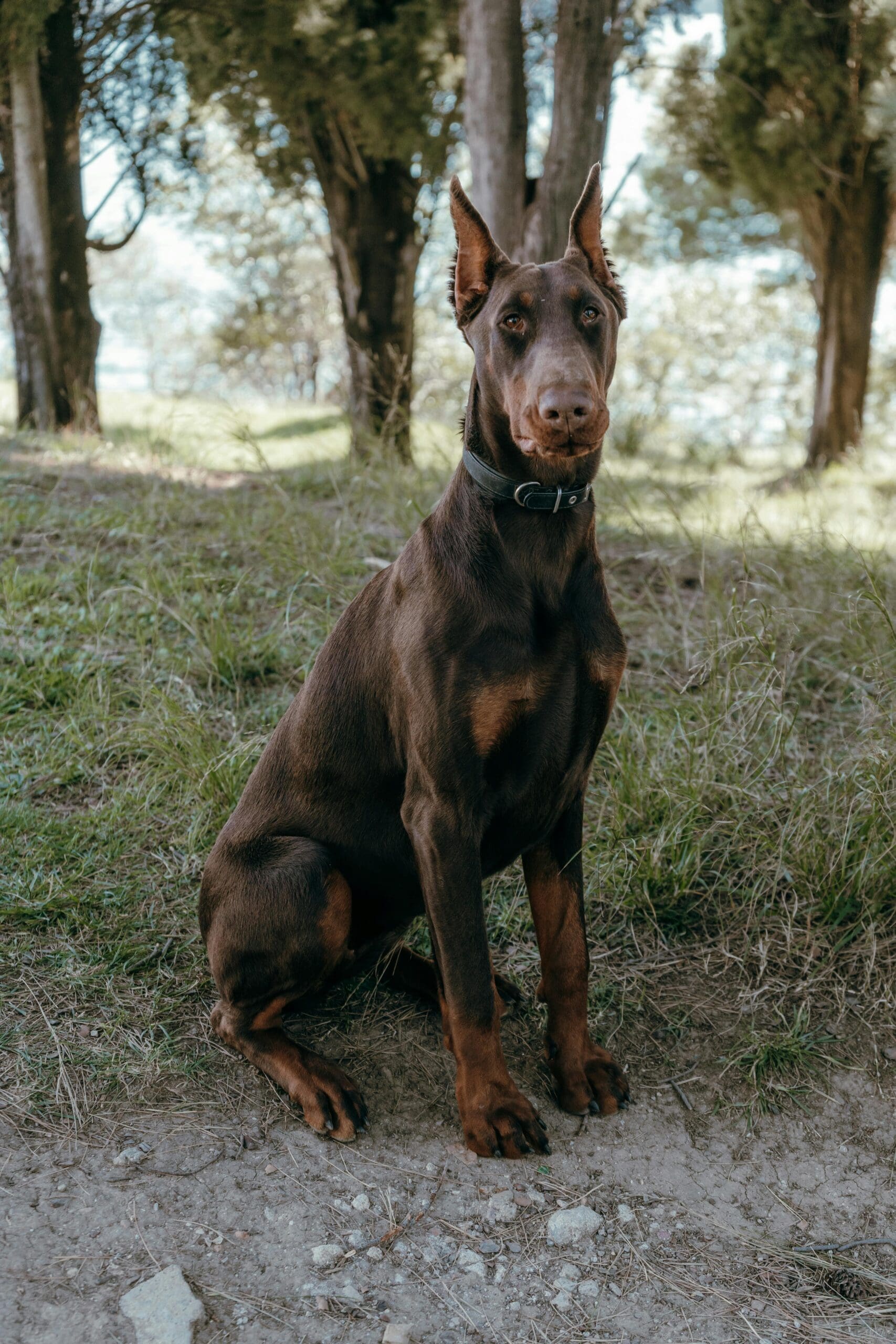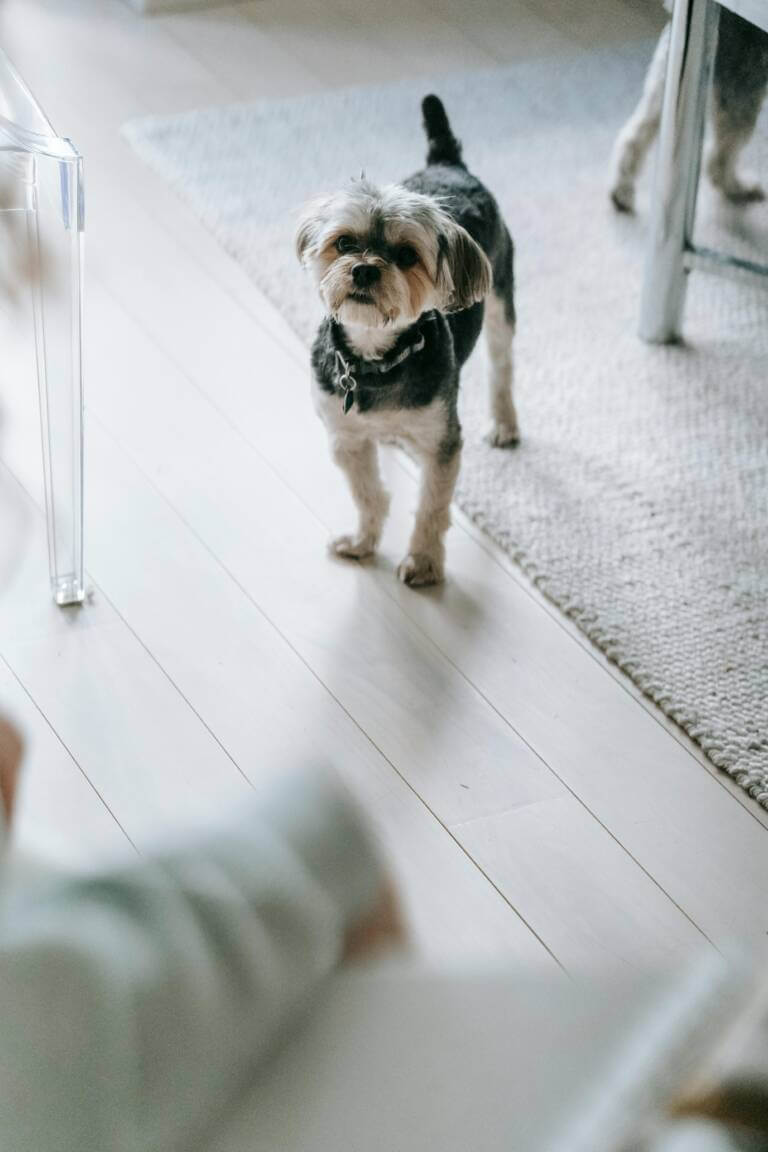Why Does My Dog Lick My Legs?
Post Date:
December 10, 2024
(Date Last Modified: December 10, 2024)
If you’ve ever wondered, “Why does my dog lick my legs?”, you’re not alone. Many dog owners encounter this peculiar behavior, which can be quite puzzling. Dogs communicate in their own unique ways, and licking is a common form of expression. Understanding your dog’s motivations for licking can help enhance your bond and improve your relationship.
Natural Instincts and Affection
Licking is an instinctual behavior for dogs. In the wild, mother dogs lick their puppies to clean them and stimulate their bodies. This behavior often persists into adulthood, serving multiple purposes. When your dog licks your legs, they may be expressing affection or seeking attention. Dogs are social creatures that thrive on interaction with their humans. Licking can be their way of showing love, akin to a hug or a gentle pat.
Exploration and Connection
Dogs also lick to explore their environment. With a highly developed sense of smell, their mouths become tools for investigating the world around them. If your dog licks your legs, they might be gathering information about you, especially after you’ve been outside. This behavior allows them to connect with you and understand your experiences.
Self-Soothing Behavior
Licking can serve as a means of self-soothing for dogs. Just as some humans might bite their nails or fidget when anxious, dogs may lick to find comfort. If your dog licks your legs during stressful situations, such as thunderstorms or fireworks, it could help them cope with anxiety. Providing reassurance during these times can help your dog feel more secure.
Social Dynamics and Acknowledgment
In addition to affection and exploration, licking can signify your dog’s place within the family hierarchy. In a pack, dogs use licking as a form of submission or respect. When your dog licks your legs, it may be recognizing you as their leader, particularly if they are closely bonded to you and view you as a source of guidance and protection.
When Licking Becomes Excessive
Excessive licking, especially if focused on a specific area, may indicate underlying issues such as anxiety, boredom, or medical conditions. Allergies, skin infections, or other health concerns can lead to increased licking. If you observe unusual behavior or excessive licking, consulting your veterinarian is crucial to rule out health problems.
Excitement and Habitual Behavior
You might notice your dog licks your legs when they are excited, whether it’s your arrival home, during playtime, or when anticipating a meal or walk. This licking can express their joy and enthusiasm. However, it’s essential to manage their excitement appropriately, as habitual licking may develop if they receive attention for it.
Redirecting Unwanted Licking
Understanding your dog’s reasons for licking can help you respond effectively. If your dog licks to seek attention, redirect their behavior by engaging them in play or offering treats. For anxious dogs, providing a calm environment and reassurance can be beneficial.
Increasing physical and mental stimulation can also reduce boredom-related licking. Regular walks, playtime, and interactive toys can keep your dog engaged. A well-exercised dog is often a happy dog, less likely to resort to licking as a means of coping with restlessness.
Nutrition and Stability
Examine your dog’s diet and overall health, as a balanced diet is vital for their well-being. Sometimes, licking may respond to dietary deficiencies or allergies. If you suspect this is the case, discussing your dog’s nutrition with your veterinarian is important.
Creating a stable and loving environment can further improve your dog’s behavior. Dogs thrive on routine; providing a consistent schedule for feeding, walks, and playtime can help them feel more secure. A confident dog is less likely to engage in excessive licking.
Training Techniques
If licking becomes a significant concern or leads to skin irritation, exploring alternative training methods may be beneficial. Positive reinforcement can redirect unwanted behaviors without causing stress or anxiety. Offering treats for calm behavior or engaging your dog in alternative activities can encourage them to stop licking effectively.
Empathy and Patience
Navigating your dog’s licking behavior requires patience and empathy. Each dog is unique, and their reasons for licking can vary. By observing their behavior and understanding their needs, you can foster a more harmonious relationship. Your dog’s licking is more than just a quirky habit; it’s a form of communication reflecting their feelings and needs. With understanding and care, you can enjoy a fulfilling relationship with your furry friend.






